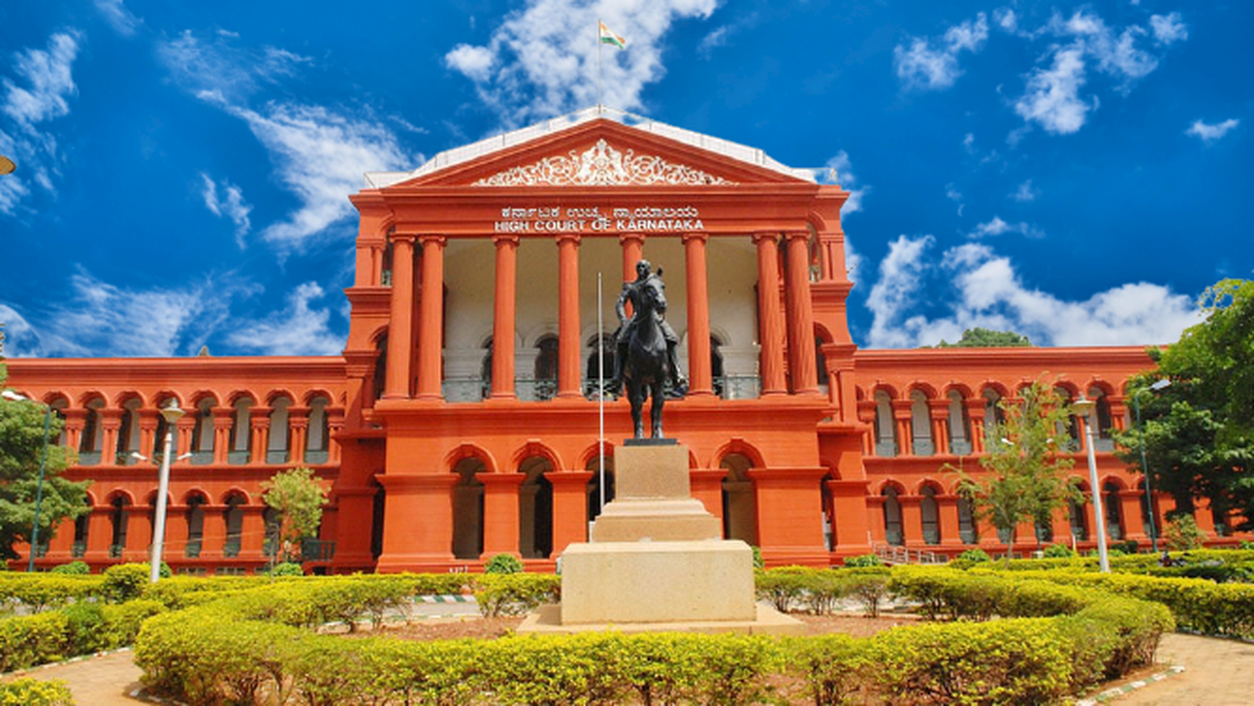In WP 15139 of 2021- KARN HC- Non-compliance to Sec 19 of Prevention of Corruption Act & Sec 197 of CrPC leads to Karnataka HC setting aside FIR for third time against former MLA Abhay Kumar accused of accumulating disproportionate assets
Justice K. Natarajan [18-05-2023]

Read Order: Abhay Kumar v Superintendent of Police
Simran Singh
New Delhi, June 1, 2023: The Karnataka High Court has set aside for the third time in a row the FIR filed against Abhay Kumar, former MLA from Bagevadi Assembly constituency in Karnataka’s Belagavi district, who is accused of accumulating disproportionate assets.
The Single-Judge Bench of Justice K. Natarajan noted that the Trial Court had directed the police twice before to register FIR and on both occasions the FIRs were quashed by the High Court since no sanction had been obtained from the State Government to prosecute him. Despite such facts, the Trial Court had directed the police to file FIR for the third time to investigate the matter.
In the matter at hand, the accused sought quashing the order dated 21-09-2017 passed by the Additional District and Sessions Judge, Belagavi, Trial Court and consequently quash the FIR, as being illegal and void. The defacto complainant had filed a private complaint before the Trial Court for the offence punishable under Sections 13 (1) (e) read with 13(2) of Prevention of Corruption Act,1988 (PC Act), in turn the Special Judge referred the complaint to the Lokayuktha police for investigation under Section 156 (3) of Criminal Procedure Code,1973 (CrPC).
It was alleged that the accused being a sitting MLA during the parade 2004 to 2008 representing the Bagevadi Assembly constituency in Belagavi district, during which he had amassed wealth more than the known sources of income, thereby the accused being public servant committed the offence under the provisions of PC Act. It was referred to the Lokayukta police who registered an FIR but in 2013, the High Court had quashed the FIR and remitted the matter back to the Special Court Judge.
The Trial Court once again referred the complaint to the Lokayukta police (subsequently Anti-Corruption Bureau) which had registered an FIR in 2017 but in the same year, the High Court had quashed this FIR. Once again, the Trial Court referred the matter to ACB but after it was scrapped and all its cases shifted to the Lokayukta police, the FIR was investigated by it which was challenged in 2021 before the High Court.
It was argued that in spite of quashing the FIR twice, the Special Court once again had referred the complaint without getting the sanction from the Government to prosecute. Therefore, continuing the investigation based upon the private complaint was an abuse of process of law. The private complaint being referred to the police and registering of the FIR was illegal as the petitioner was an MLA, and a prior sanction was required while directing the police investigation of the matter.
The Single-Judge Bench of Justice K. Natarajan while quashing the latest and the third FIR pointed out to the fact that since sanction under Section 19 of PC Act had not been obtained from the Government to prosecute the then MLA, he was protected under Section 197 of CrPC which provided with the fact that no Court could take cognizance of alleged offence by public servants without obtaining the sanction of the Government, and therefore the private complaint was not sustainable under the law.
The Court while placing reliance on the judgment of the Supreme Court in Priyanka Srivastava v. State of U.P. observed that a complainant could not directly file a private complaint under Section 200 CrPC for the purpose of referring the complaint to police under Section 156(3) CrPC without the compliance or without approaching the police by the complainant under Section 154(1) CrPC. He shall approach the higher officer of the police under Section 154(3) CrPC and only after exhausting the remedies before both the provisions, only then the complainant should approach the Magistrate under Section 200 CrPC for the purpose of reference under Section 156(3) CrPC.
Thus, the Bench held that there was no document to show that there was a compliance of the aforesaid legal position in order to refer the complaint and to register the FIR and to investigate the matter as against the accused. Accordingly, the Court held that the private complaint was not sustainable in law and therefore continuing the investigation was nothing but an abuse of the process of law and was liable to be quashed. The Court thus allowed the Writ Petition.
Sign up for our weekly newsletter to stay up to date on our product, events featured blog, special offer and all of the exciting things that take place here at Legitquest.




Add a Comment